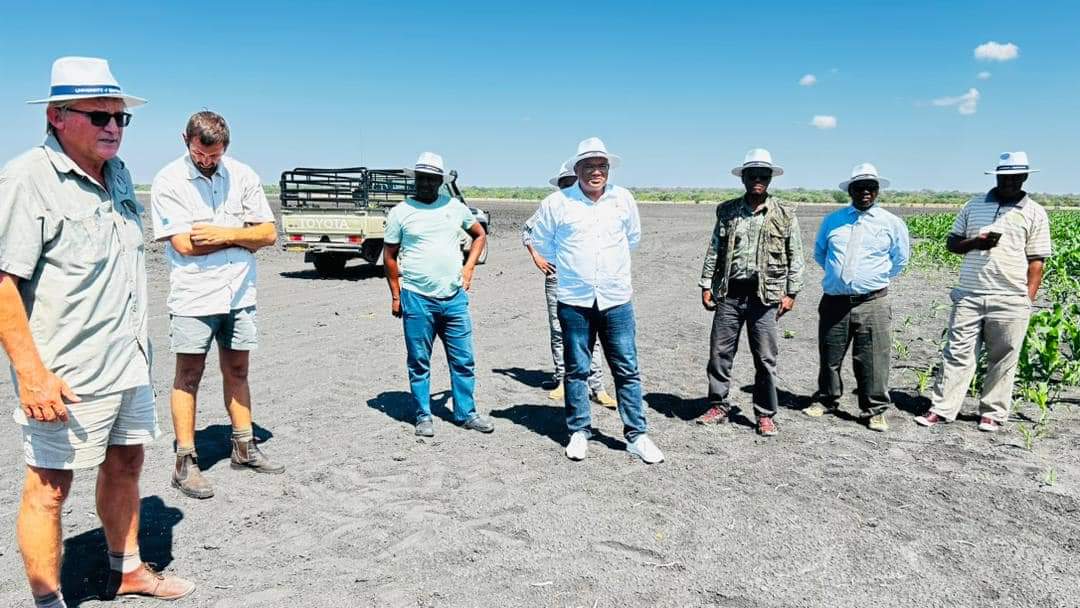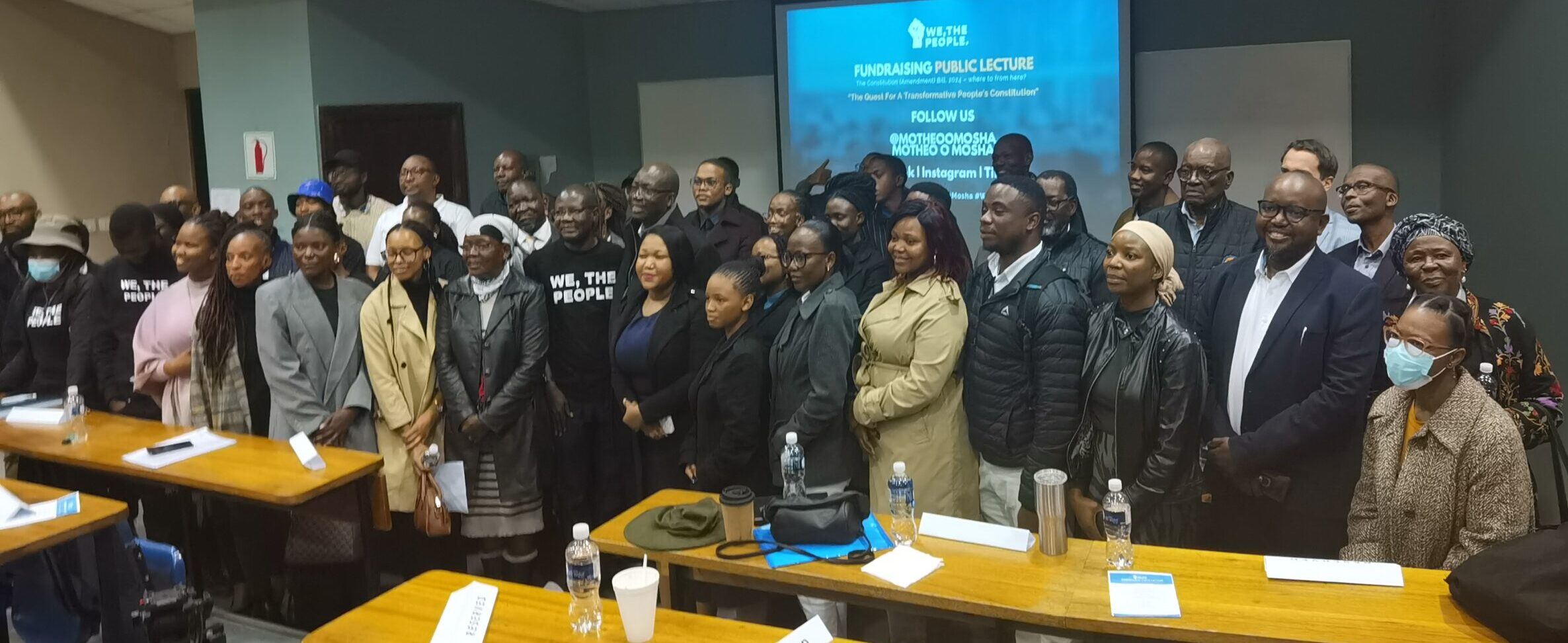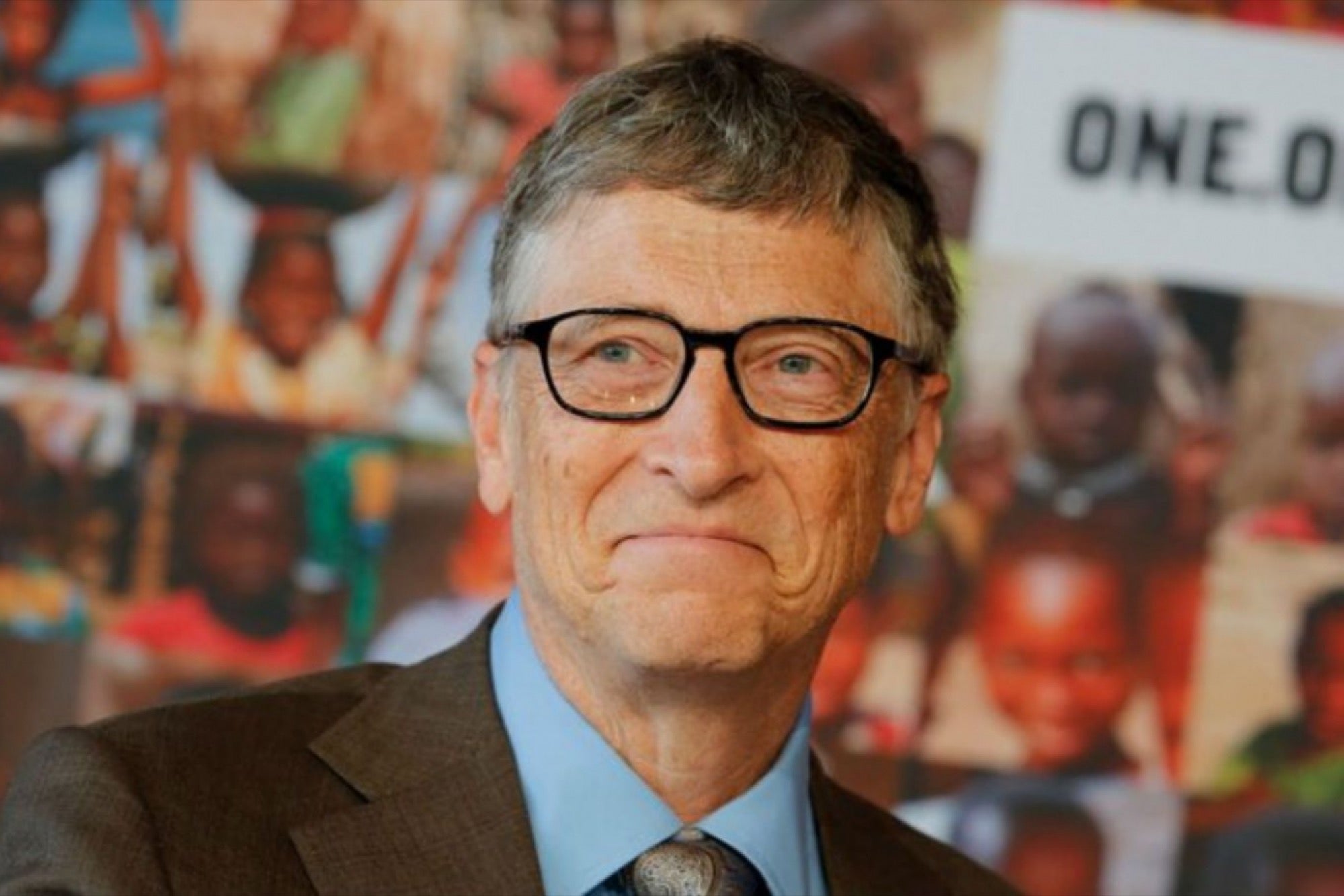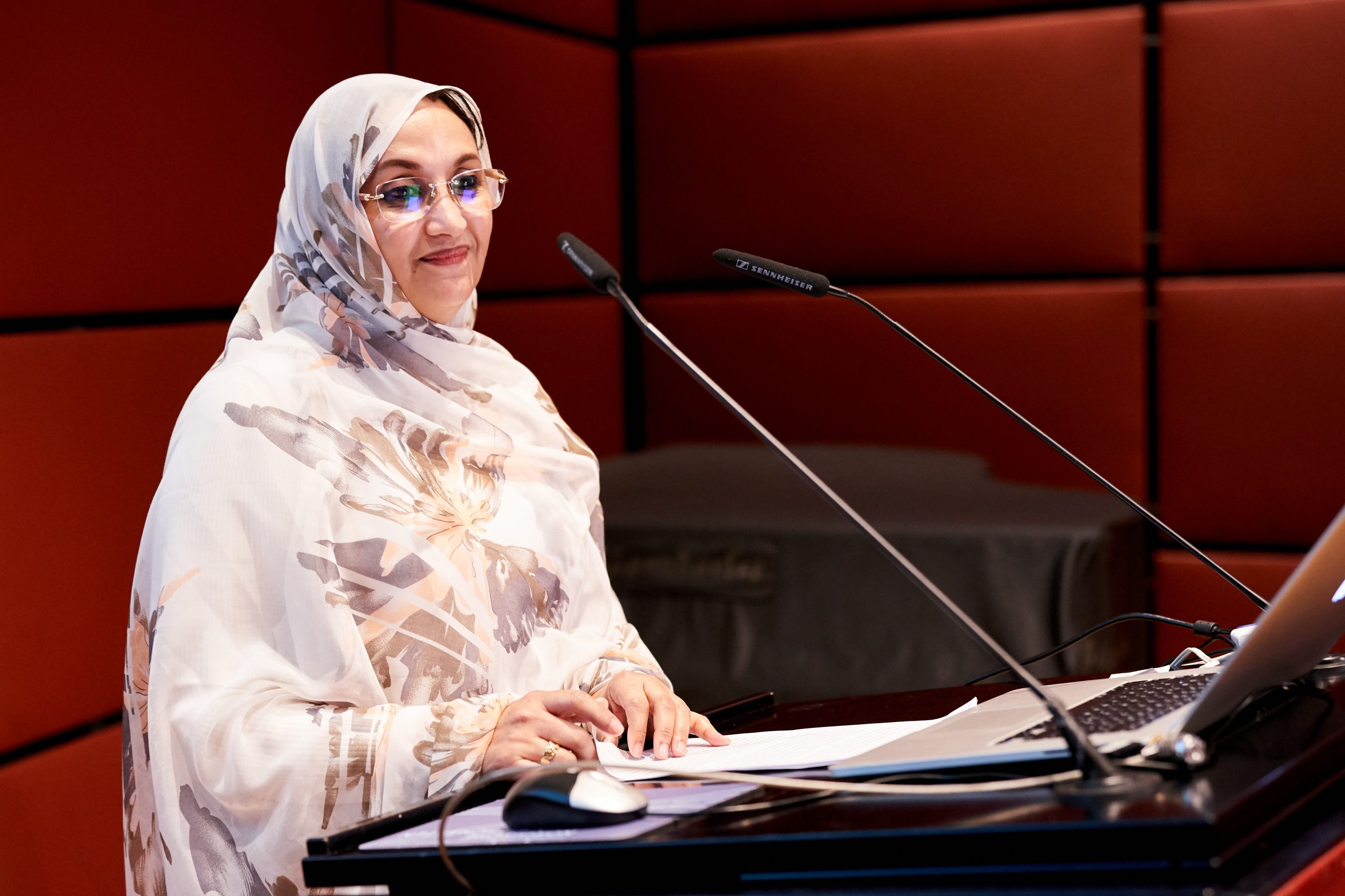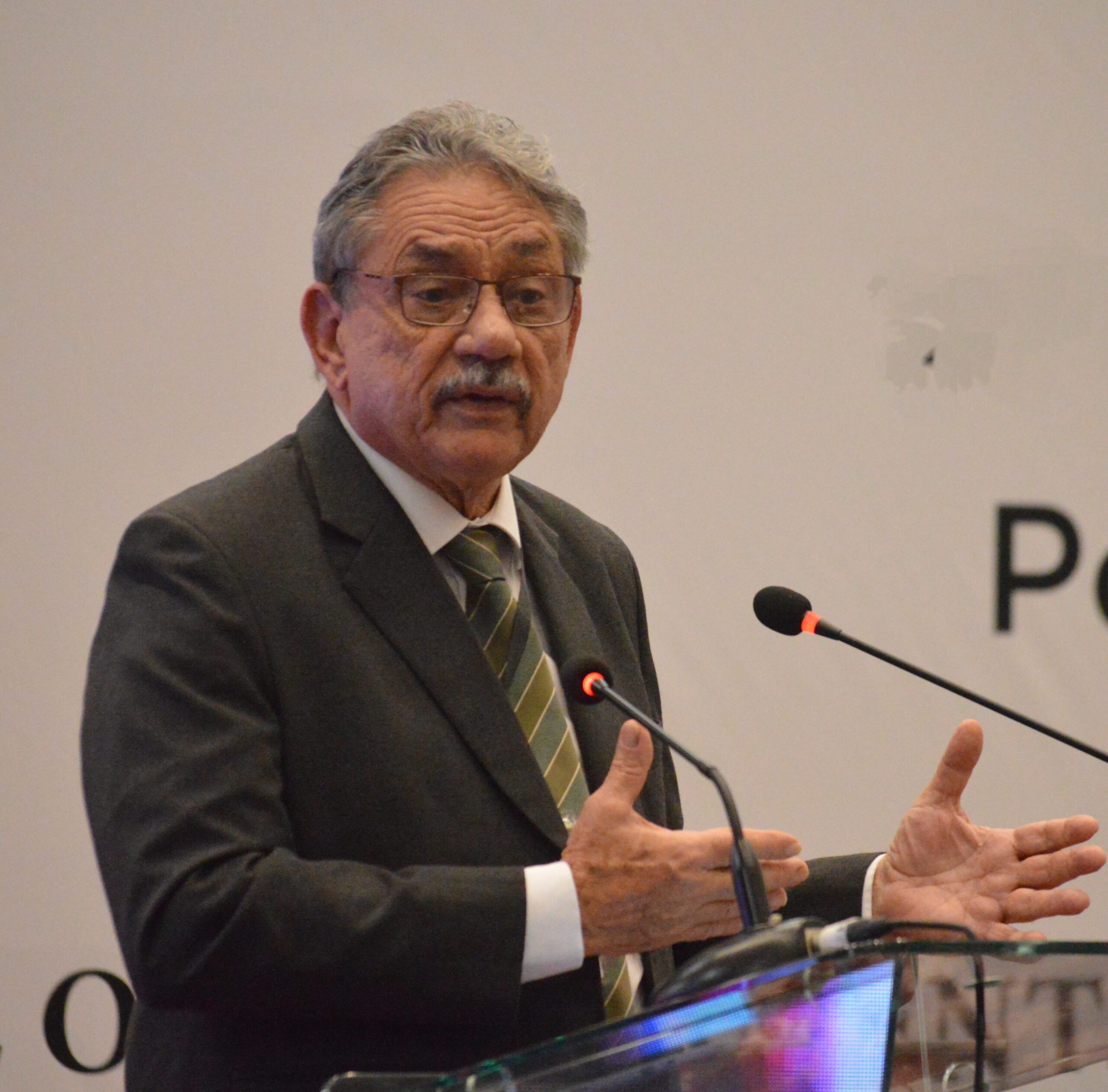
CONCERNED: The President of the SADC Parliamentary Forum, Honorable Roger Mancienne. Photo: Moses Magadza
By Moses Magadza
The President of the SADC Parliamentary Forum, Honorable Roger Mancienne, has challenged the Inter-Parliamentary Union (IPU) to be more initiative-taking in ending conflicts in various parts of the world, saying countries that have nothing to do with those wars were feeling the pain.
Hon Mancienne, who is also the Speaker of the National Assembly of Seychelles, made the call in an impassioned address to the General Assembly of the IPU over the weekend in Geneva, Switzerland.

“The conflicts that are ravaging our world today affect every one of our countries and our people, big or small, wherever we are. I come from a small island country which has no part in the causes of these various conflicts, but which feels the consequences,” he said.
He explained that Seychelles depends on her relations with the rest of the world for her economy based on her tourism industry and for trade on which the country depends “for all of our necessities, be it food, clothing, medical supplies, machinery and everything else”.
He said conflicts of varying severity were adversely affecting the world, with the wars in Ukraine and Palestine hogging the limelight internationally.
“I do not want to put aside the other areas of conflict especially those in our African region notably the persisting strife in the Democratic Republic of the Congo and the devastating civil war in Sudan,” he stressed.
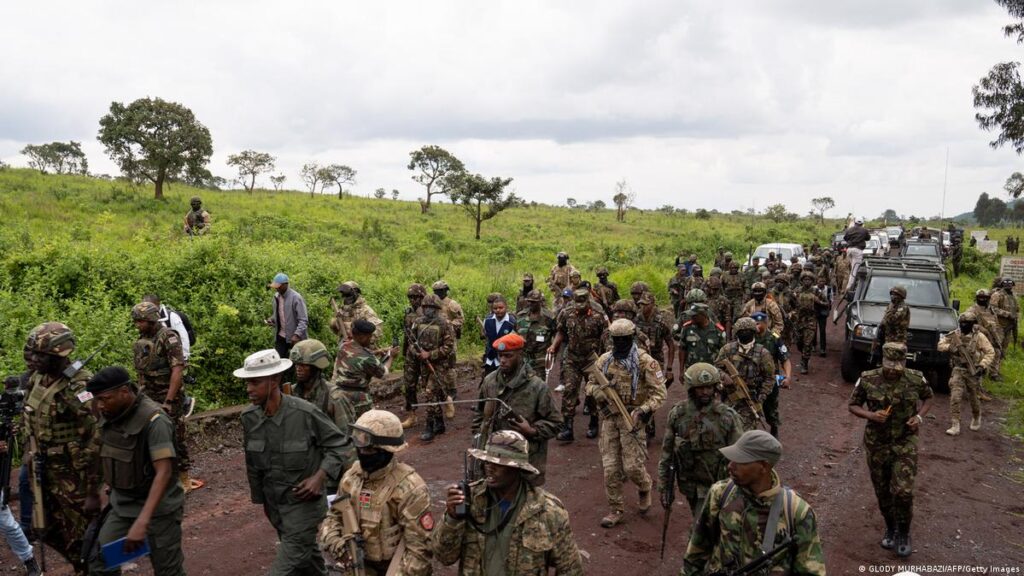
Hon Mancienne said the conflicts were particularly frustrating for small countries with no capacity “to bring any sort of influence in the resolution of the wars.”
Even more exasperating, according to Hon Mancienne, was the powerlessness of “even the most august international organization, the United Nations” in enforcing “any kind of conclusive solution.”
Yet all was not lost, according to the SADC PF President, and a concerted effort might make a difference.
“While countries cannot make any difference individually, the hope must rest in collective action,” he reasoned and proposed what the IPU could do differently to nurture effective parliamentary democracy for conflict resolution at international level.
“As the most vibrant global parliamentary network, the IPU is a source of hope, a voice that must be strengthened, sustained, and amplified. There is scope for a high-level body in the IPU to focus consistently on conflict resolution efforts,” he contended.
He acknowledged that the United Nations had made numerous and valiant efforts towards resolution of on-going conflicts but said “polarization across the geopolitical divide, East and West” had thwarted those efforts.
He argued that the IPU could be effective if it established a different channel of communication.
“Where the United Nations is the forum for Executive branches of Government, the IPU is the forum of parliaments. It has a chance to present itself not as the voice of Governments, but of the people who are governed,” he contended.
In this connection, Hon Mancienne commended recent efforts by the new IPU President who is also Speaker of the Parliament of United Republic of Tanzania, Dr. Tulia Ackson, to engage with parties in the on-going conflicts.
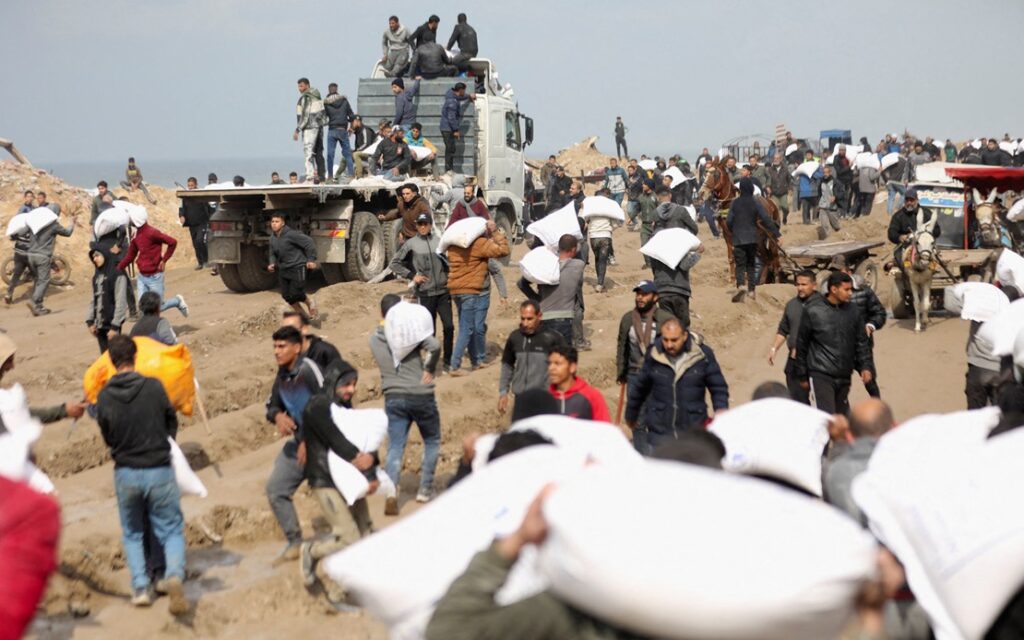
“It is an effort that must continue and strengthened, in parallel with and complementary to the efforts of the United Nations and the efforts of countries such as Qatar an Egypt in relation to the war in Palestine,” he stated.
He called for strengthening of the IPU into a greater force in conflict resolution in various parts of the world including in Africa, notably in the Democratic Republic of the Congo and in Sudan.
He recalled that during a meeting of the Africa Geopolitical group of the IPU last Friday, it emerged that the IPU was in good financial shape and could look at enlarging the scope of its activities to better fulfil its mandate.
“I would urge that conflict resolution should be the focus of new efforts, guided by the distinct approach to diplomacy that the IPU is best placed to undertake.
“I urge that the IPU, led by its President, strengthens its engagement with the parties in the conflicts of concern to establish alternative channels of communication and negotiation,” Hon Mancienne submitted.
He called for unity and speaking with one voice to avoid falling into “the same polarization across the geopolitical divide that has marred other international efforts.”
In this regard, he said: “The failure to come out with a unified declaration is disappointing and frustrating. Hope for the role of the IPU in parliamentary diplomacy for peace and conflict resolution begins with us.
“We want peace. The world needs peace. Where there is division is on the way to achieve peace.”






